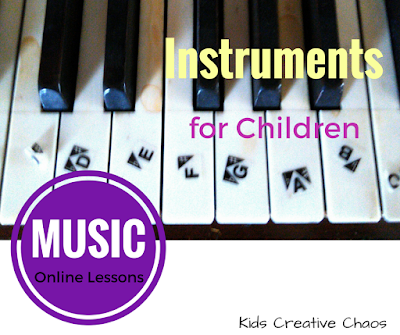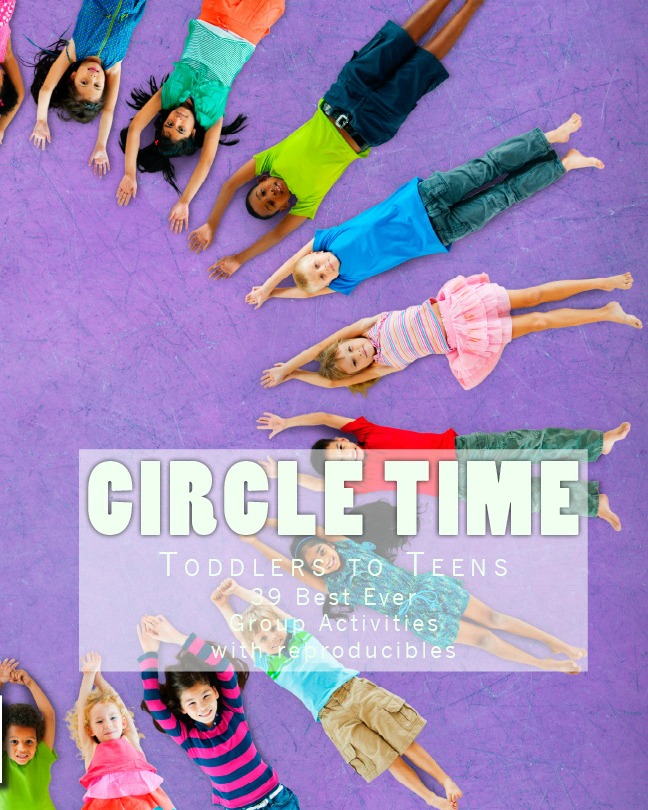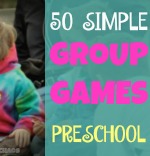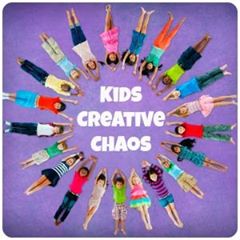Hitting the Right Note: Online Music Lessons and Instruments
So, your child wants to play an instrument? Great! The benefits of playing a musical instrument are endless- playing a musical instrument increases memory capacity, concentration levels and coordination, teaches perseverance and discipline, promotes social skills and the ability to listen, nurtures self-expression, and relieves stress. The pros outweigh the cons, now all you need to do is choose a musical instrument, find a music teacher and take some music lessons. Simple. We've got it all sorted out for you, including some of the best online music lessons for children. Enjoy!This post contains affiliate links for your convenience.
How to Choose a Musical Instrument for a Child
With twenty-seven types of instruments in an orchestra, deciding on one for your child is one of the trickiest things a parent can do. There are three main ways of picking an instrument for your child including: their age, stature and personality.
Age
Piano lessons and violin lessons are great for younger children. If you need proof, Frédéric Chopin began playing the piano at seven years old, Vanessa Mae began playing the violin at four years, and Wolfgang Amadeus Mozart began both at three years and was performing by the age of six. It’s also been proven that children who learn a year of piano first can then transition between instruments easier than those who don’t.
If your child is seven or older, you can also start them on instruments such as the guitar or drums. It’s a good idea to have five or ten minutes of practice a day for younger children, moving up to half an hour a day for older children. The ukulele is a fun choice for children of all ages.
Stature
Think about your child’s body type before choosing an instrument. Violins may be good for small children because they are manufactured in smaller sizes and larger ones, but the cello and double bass may not be suitable for children with small hands because of the instrument’s mechanics. Similarly, a bassoon, when fully assembled can be anything between 4 to 8 feet tall so, like a double bass, is not appropriate for smaller children. A better choice might be the oboe. (I started my musical journey with the piano at 9-10 yrs.old and transitioned to a bassoon at age 13.)
Acoustic guitars are easier to get your child to try out because they come in all different shapes and sizes. However, when choosing a child’s guitar, you need to think about the strings: heavy gauge strings may be too hard for your child to use, but super light gauge strings may cut their fingertips. You might also like, how to choose a guitar for your child. (I started my guitar journey on an electric bass guitar. My daughter is learning the ukulele and is struggling with tender finger tips.)
Personality
Finally, personality plays a large role in choosing an instrument. What instrument should a child play based on their personality? Talkative children, for example, might be better suited to wind instruments than an introvert who would be better suited for the piano. A pianist can be a solo musician or a part of a team. A child that is both chatty and likes to be the center of attention may be suited to the flute as they stand at the front of the band. If your child is more restless, however, with a lot of energy to burn, percussion is the best way to go. Extroverts are better suited to jazz instruments like saxophones, as they help to develop a child’s own personal style and give them the chance to improvise. (After years of playing the bassoon, I transitioned to the bass guitar in the jazz band, later I played the tenor saxophone in marching band. As a very outgoing child, I had the most enjoyable experience with the tenor sax. The sax seemed most suited to my personality.)














